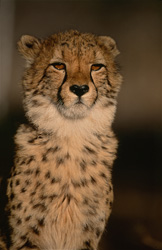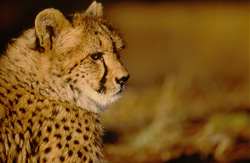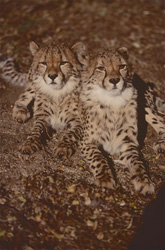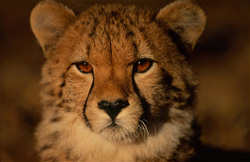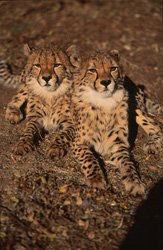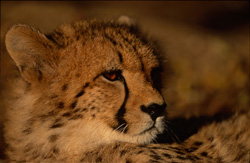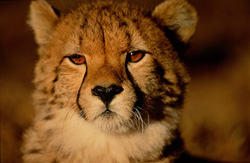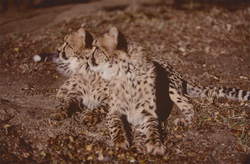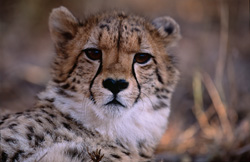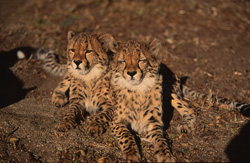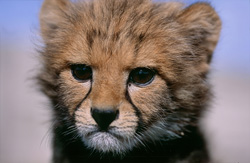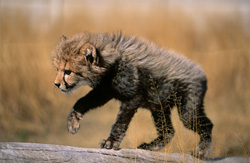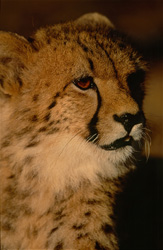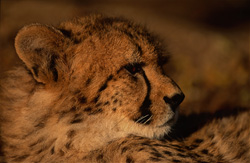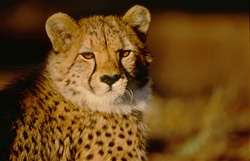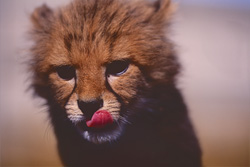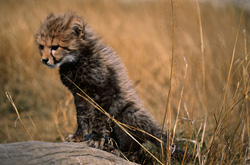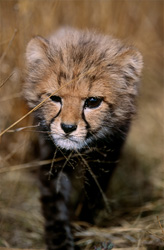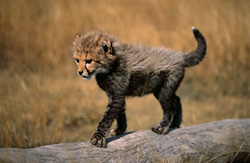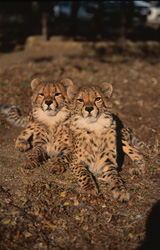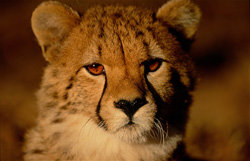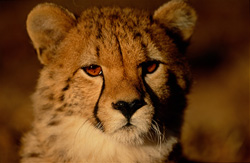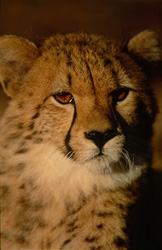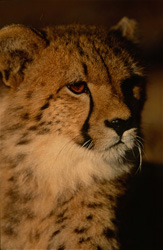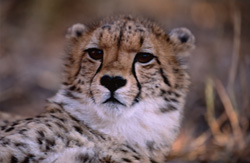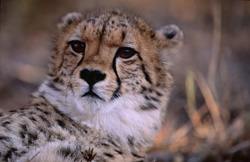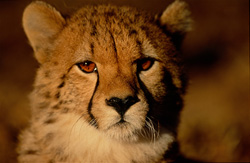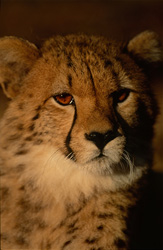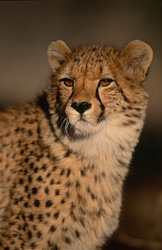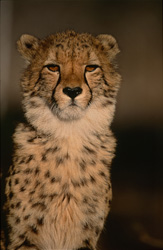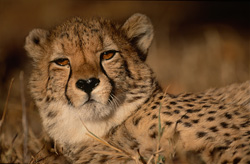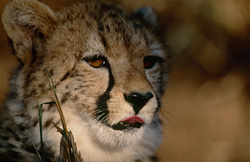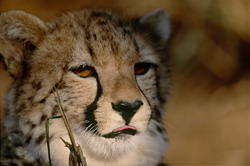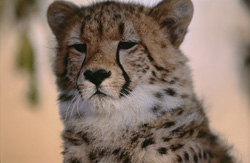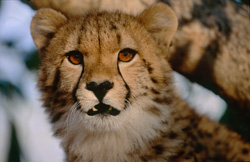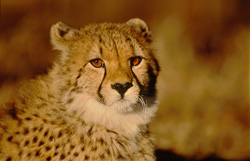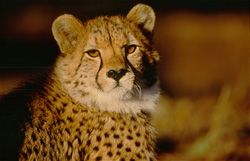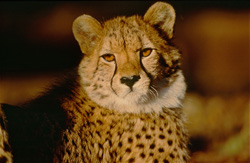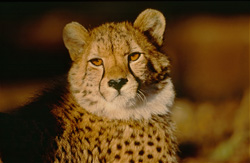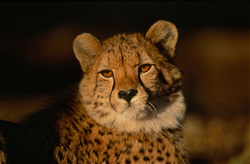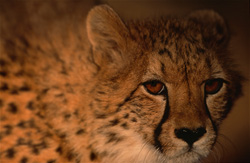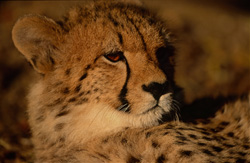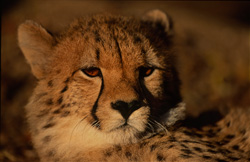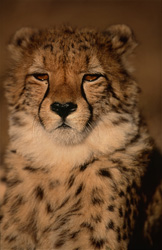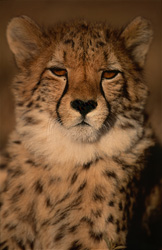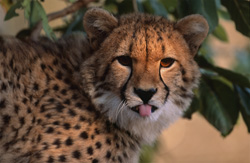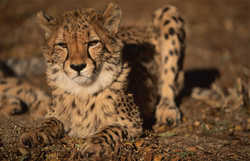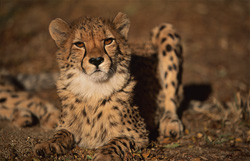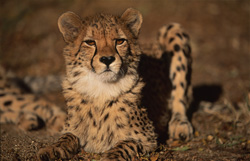Discover the world of the cheetah, the fastest land mammal on Earth, renowned for its remarkable speed of up to 120 km/h and its exceptional adaptability to diverse habitats.
The cheetah (Acinonyx jubatus) is the fastest land mammal in the world, capable of reaching impressive speeds of up to 120 km/h. These elegant predators are distinguished by their unique anatomy, including a slender body, large respiratory passages, and specially adapted claws that provide optimal traction during hunting. The cheetah's adaptability allows it to survive in a variety of habitats, from the African savannah to the arid regions of Asia. Unfortunately, wild populations of cheetahs are severely threatened, with drastically declining numbers due to habitat loss, illegal trade, and conflicts with farmers encroaching on their natural territories. Conservation efforts include extensive breeding programs in facilities such as the Kapama Private Game Reserve and the Hoedspruit Research & Breeding Centre, where bred and farmer-surrendered cheetahs are cared for and reintroduced into the wild. There are genetic differences between cheetahs from various regions of Africa and Asia, with the only remaining population of Asian cheetahs in Iran being particularly endangered. Preserving these majestic animals is crucial for biodiversity and the ecological balance of their environments. Through international cooperation and local conservation initiatives, efforts are being made to secure the future of cheetahs and maintain their role as essential predators in ecosystems. Education and awareness among local communities are also vital components to ensure the long-term protection of cheetahs. Additional challenges include maintaining genetic diversity, promoting sustainability in protected areas, and implementing effective monitoring systems to track the success of conservation programs. Research is also focused on the behavioral patterns and reproductive strategies of cheetahs to develop more effective conservation measures. Ultimately, the preservation of cheetahs is not only important for the survival of these impressive animals but also for the health and stability of the entire ecological community in which they play a key role.

